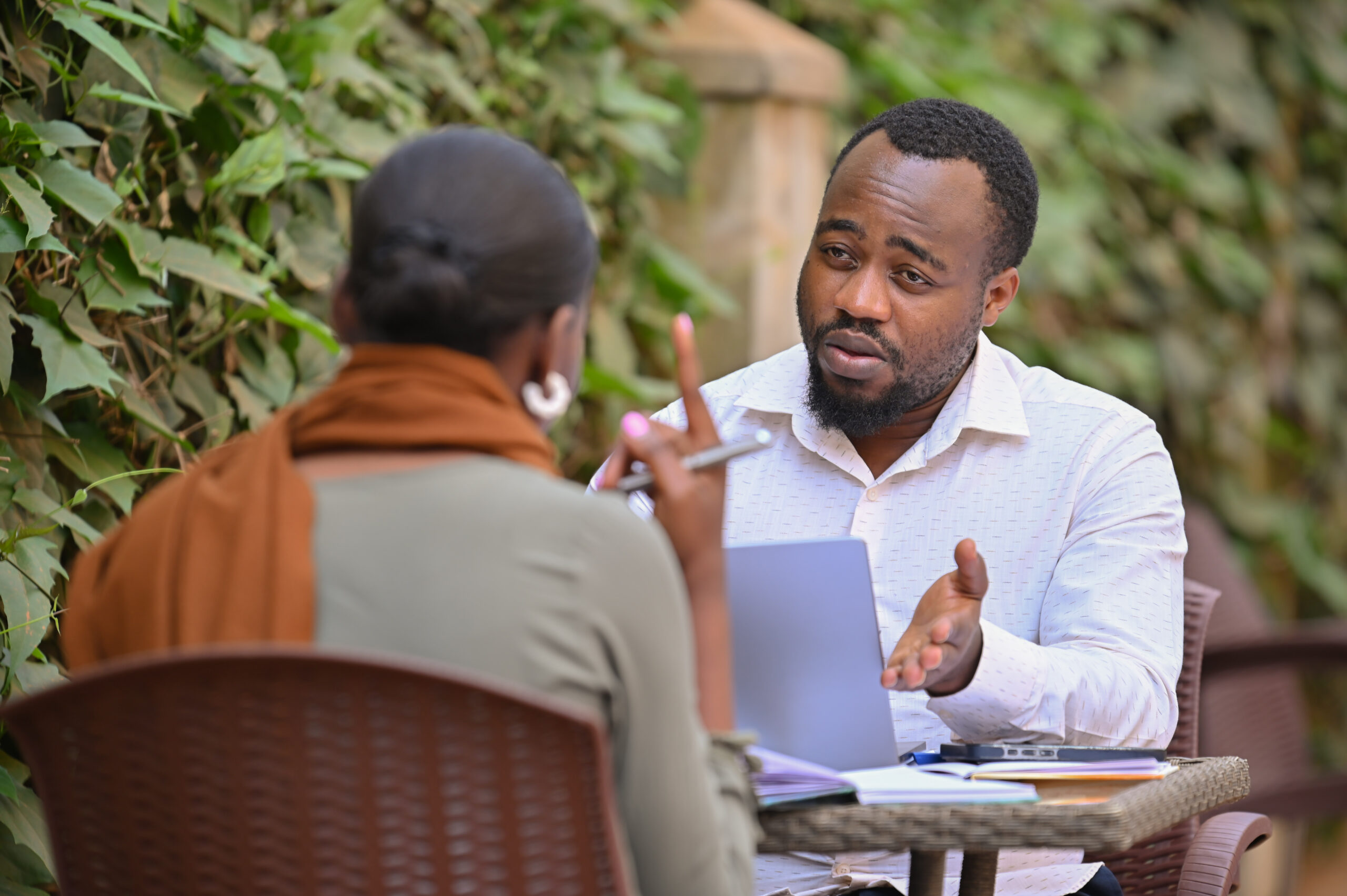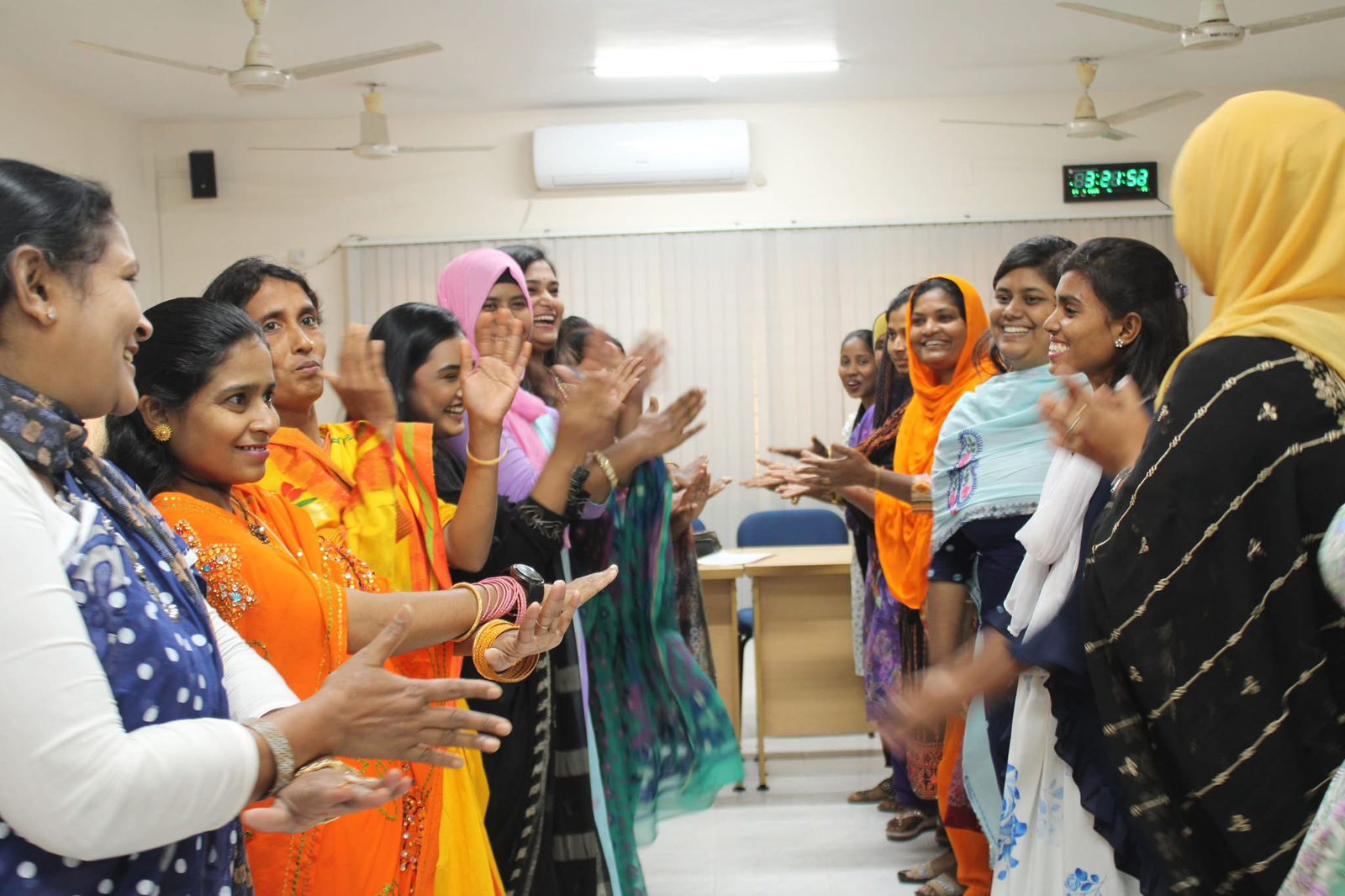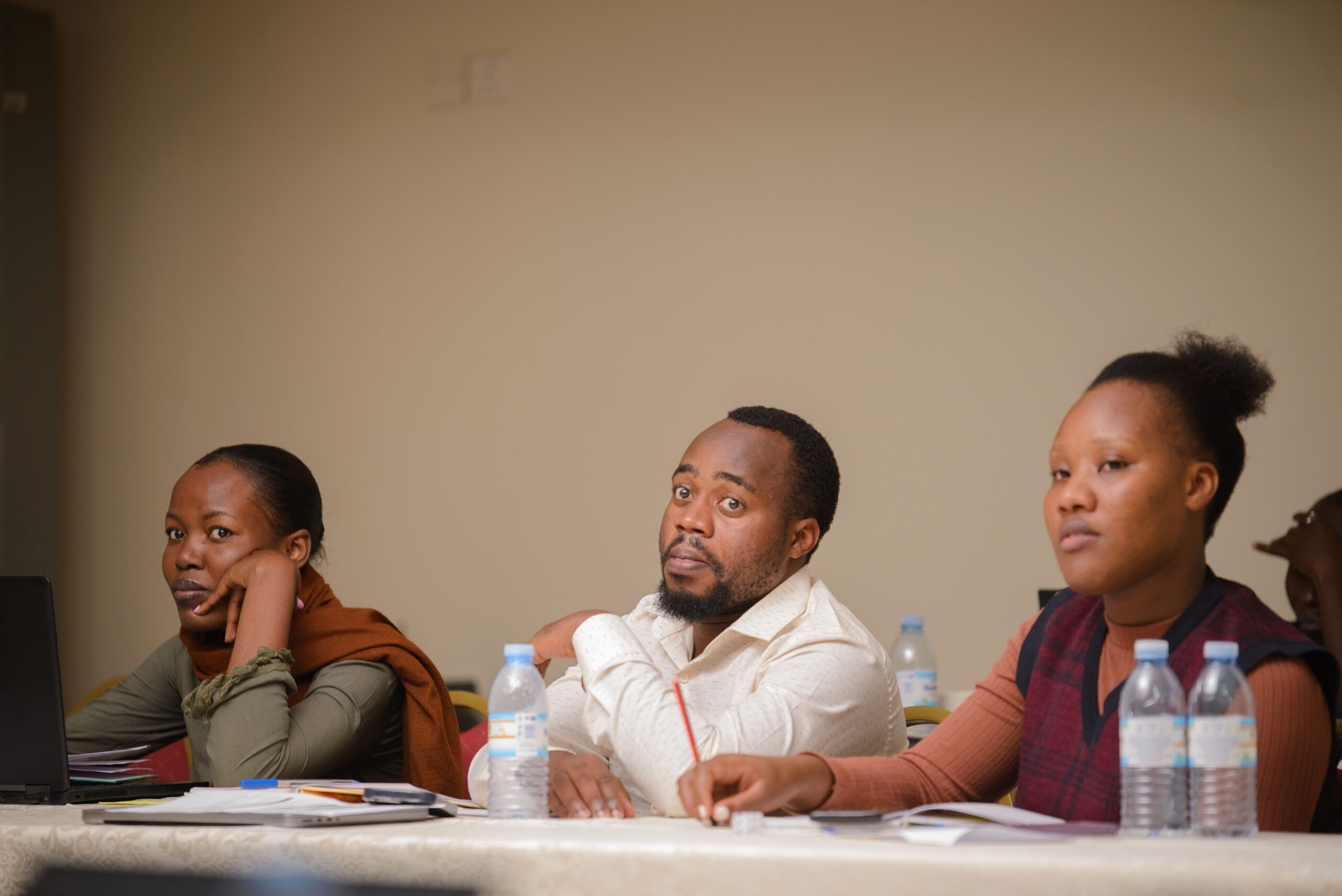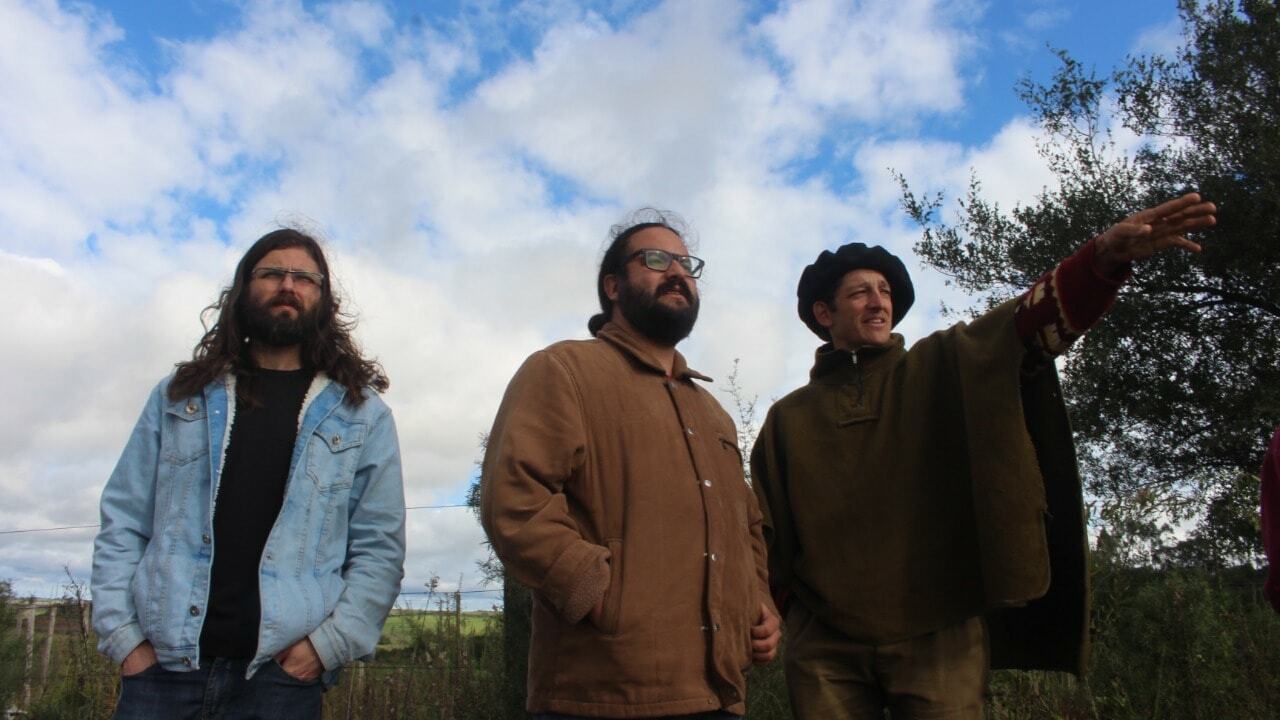
Photo courtesy of Instituto Preservar.
In the southern Brazilian state of Rio Grande do Sul, Legal Empowerment Fund (LEF) grantee Instituto Preservar shows us what climate change litigation looks like in action.
Climate change litigation is rapidly gaining momentum as an effective tool for both legal empowerment and climate justice in many parts of the world. In Brazil, climate change litigation has been a crucial part of urgent efforts by communities and activists to preserve the Amazon—the world’s largest rainforest.
Exploitative mining and agribusiness industries often clash with environmental activists and Indigenous communities in Brazil. But a historic judgment by the country’s highest court last year has opened the door to future climate change litigation.
In July 2022, Brazil’s Supreme Federal Court ruled that the Paris Climate Agreement is a human rights treaty. Adopted by nearly every nation in December 2015, the Paris Agreement unites the world in a collective effort to combat climate change. The treaty aims to reduce worldwide greenhouse gas emissions to limit global temperature rise in this century to 2 degrees Celsius above preindustrial levels, while pursuing the means to stop the increase at just 1.5 degrees. It is also the first global environmental pact to explicitly mention human rights.
The Brazilian court’s landmark ruling means that the federal government is obligated under Brazil’s constitution to protect its citizens against damage to the environment and from climate change. The ruling also specified that “treaties on environmental law are a type of human rights treaty and, for that reason, enjoy supranational [or supralegal] status.”
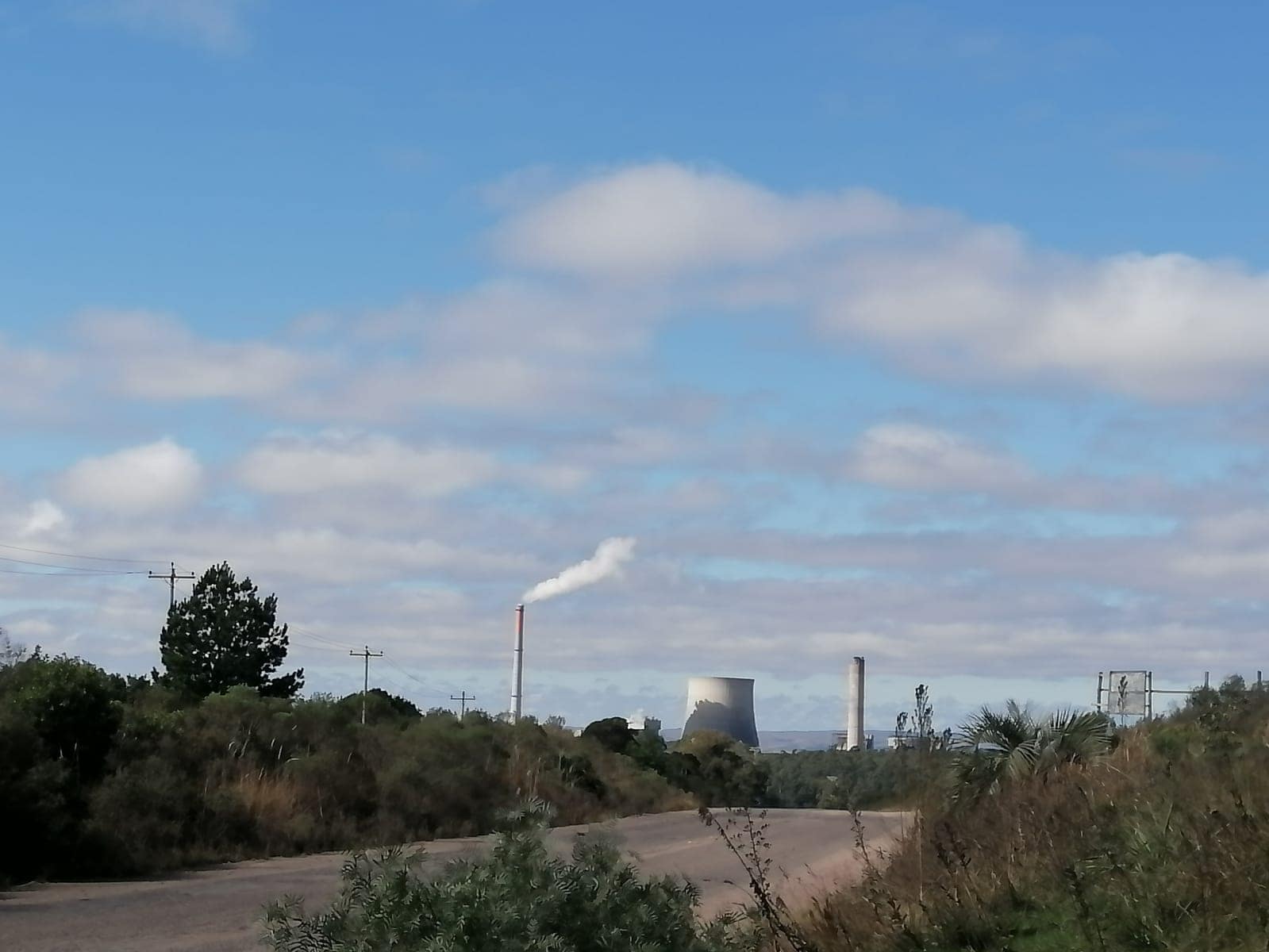
Photo courtesy of Instituto Preservar.
Massive mining interests are at constant odds with local populations across the southern Brazilian state of Rio Grande do Sul, a major agricultural region for Latin America. Farmers, Indigenous peoples, and concerned citizens have joined forces to sue these firms for implementing projects that threaten to devastate their communities. And in 2022, with the help of LEF grantee Instituto Preservar, they took on the largest private coal-mining company in Brazil—and won.
Instituto Preservar—a diverse group of rural workers, legal educators, practicing lawyers, agronomists, and human rights defenders—was founded in 2003 to promote agroecology, environmental preservation, and sustainable development in Rio Grande do Sul. The organization has since expanded its range of activities, while continuing to invest the bulk of its resources in the legal education and defense of rural communities affected by destructive agribusiness and mining ventures.
The latest project to threaten the people of Rio Grande do Sul is the Nova Seival power station, a 726-megawatt thermoelectric power plant and open-pit coal mine proposed by mining giant COPELMI. Headquartered in Porto Alegre, the state capital of Rio Grande do Sul, COPELMI is Brazil’s largest private coal-mining enterprise. The powerful company regularly makes headlines for its ambitious mining and energy ventures.
For COPELMI’s proposed power plant to function at full capacity, it must burn enormous quantities of coal—the most harmful fossil fuel. Coal is responsible for over 0.3 degrees Celsius of the 1-degree-Celsius increase in global average temperatures, making it the single-largest source of global temperature rise. The huge amount required to feed the Nova Seival station—525 tons of coal per hour or 12,600 tons of coal per day—would only contribute to the global climate emergency. The plant would also require 38,280 cubic meters of freshwater per day, further straining a locality where critical agricultural activity is already threatened by water scarcity.
In one of the most high-profile climate litigation cases in the recent history of Rio Grande do Sul, Instituto Preservar persuaded a Brazilian federal court to indefinitely suspend COPELMI’s environmental license. The decisive ruling effectively thwarted the firm’s efforts to build what would have been the largest coal-fired power plant in the country. It is the culmination of a yearslong judicial process that sought not only to address irregularities in the project’s environmental impact assessment, but also to compel the firm to reflect on the concerns of the affected communities and to produce a thorough analysis of the potential risks to public health.
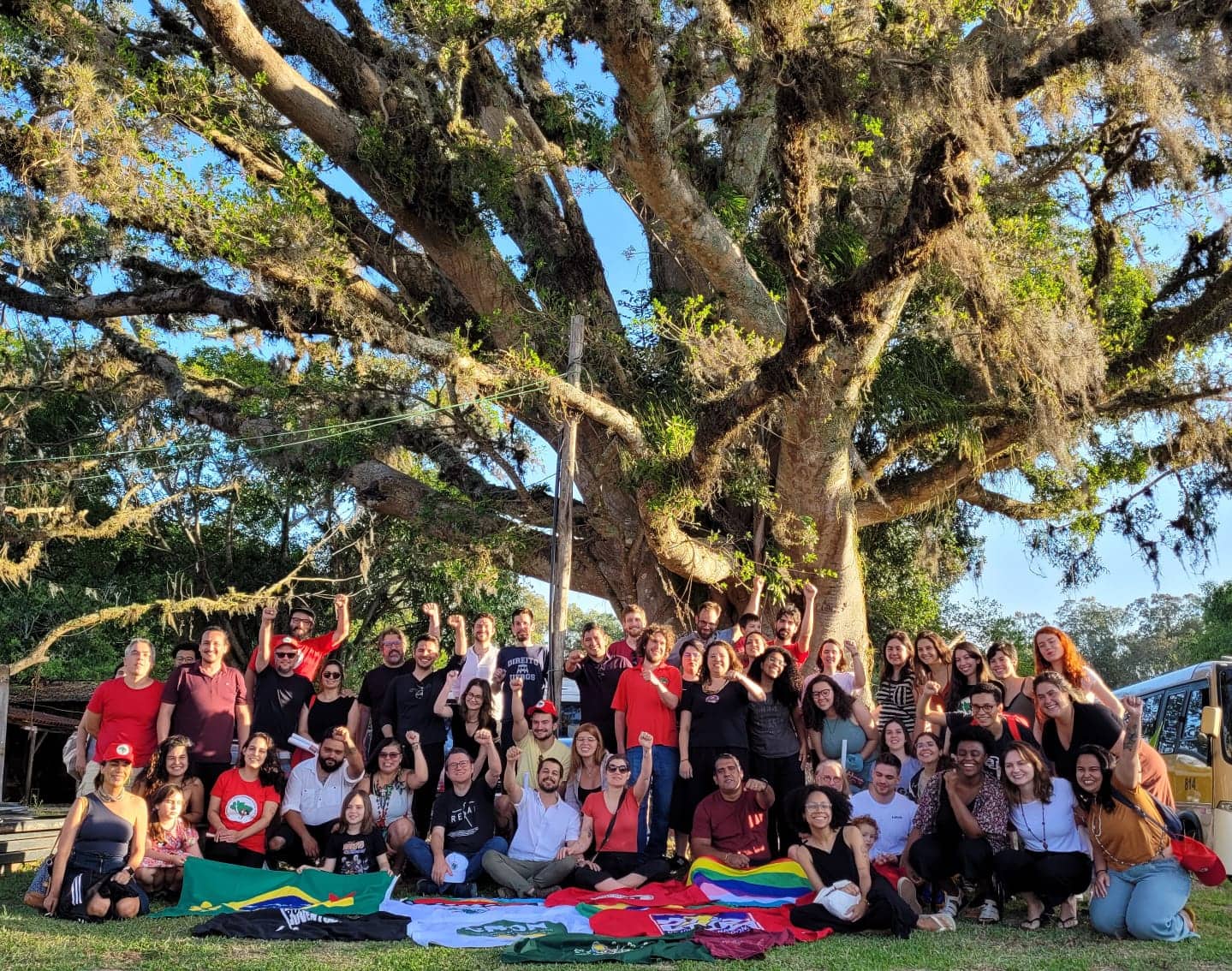
Photo courtesy of Instituto Preservar.
Through this significant victory, Instituto Preservar firmly established itself as a key ally of communities seeking legal remedies to protect their health and livelihood. At the same time, the organization is aware that new legal battles will emerge in the future. To this end, Instituto Preservar isn’t just enjoying its hard-won success—it’s preparing for what else is to come.
With the support of the LEF, Instituto Preservar is undertaking a series of activities aimed at expanding public discourse on climate and environmental issues and shaping public opinion on the judicial system’s ability to resolve related disputes. In collaboration with local universities and like-minded organizations, Instituto Preservar has raised awareness on these issues through debates, seminars, and publications.
In addition, it has taken steps to strengthen the Rio Grande do Sul chapter of the National Network of Pro Bono and Grassroots Lawyers (RENAP), which brings together various groups of legal practitioners committed to social change all over the country. At the most recent RENAP gathering, Instituto Preservar joined with aligned organizations and movements—including the Movement of People Affected by Dams, the Movement for Popular Sovereignty in Mining, the Movement of Landless Rural Workers, and the Committee to Combat Mega-Mining—to bolster the collective struggle for socio-environmental justice in Rio Grande do Sul.
While the success of Instituto Preservar and its affiliates should inspire like-minded organizations elsewhere, winning climate change litigation cases isn’t easy. Future progress may well depend on the local political atmosphere, the strengths of existing laws pertaining to climate and the environment, and above all, the judiciary’s goodwill toward these issues. But Brazilian civil society is leading the way in South America in showing that climate change litigation can be a powerful tool for legal empowerment.
Rudy Massamba is senior program manager for the Legal Empowerment Fund at the Fund for Global Human Rights.
